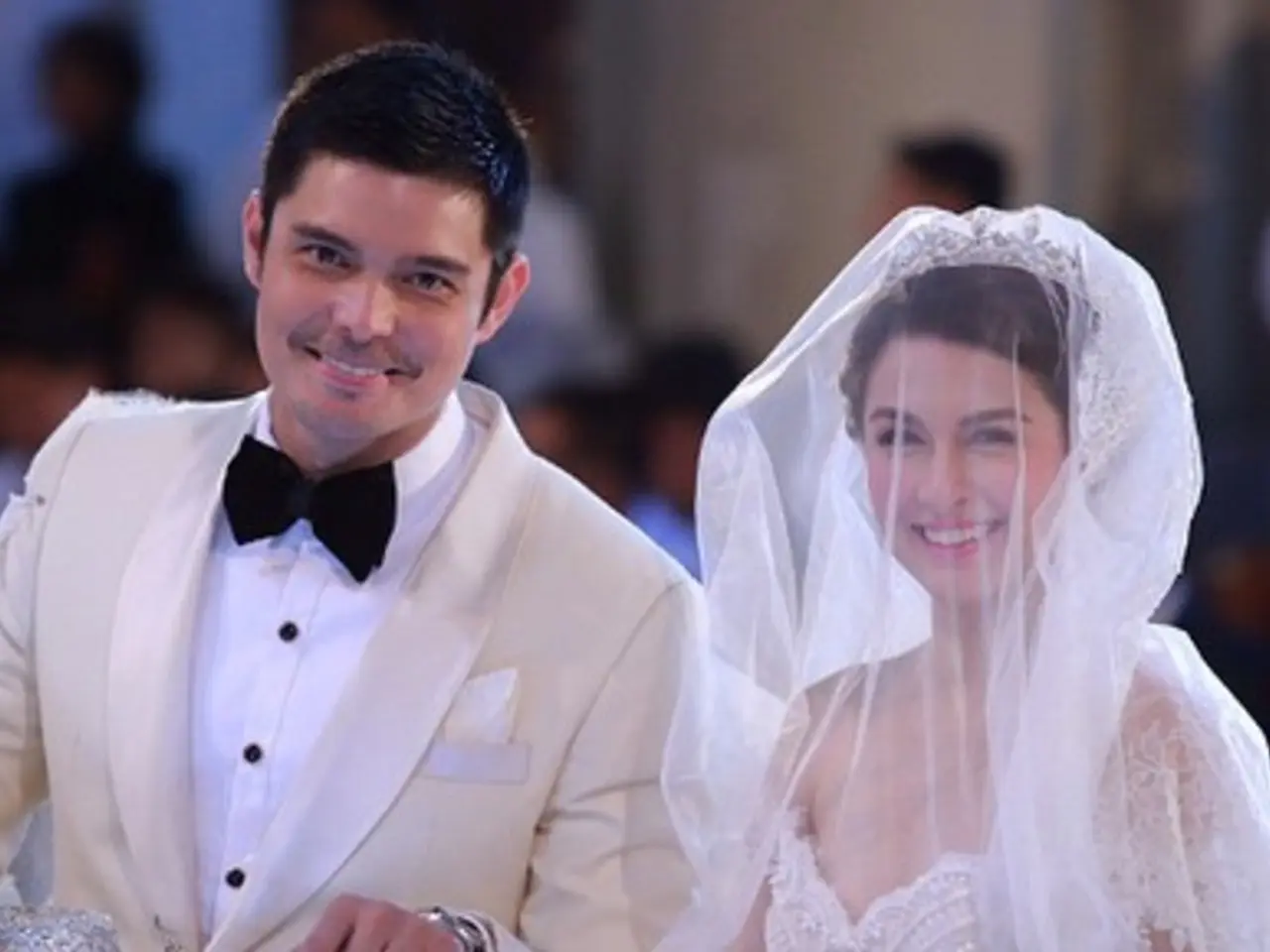Exploring Marital Trends in the 21st Century: An Inquiry
In the ever-changing landscape of modern society, the concept of marriage is undergoing a significant transformation. This evolution reflects a shift in societal values, technology, and broader acceptance of diverse relationships.
One of the most noticeable changes is the growing emphasis on individualism, personal fulfillment, and autonomy in partner choice. People are moving away from traditional expectations towards relationships that prioritize emotional quality and authentic intimacy. This shift includes the acceptance of diverse relationship structures such as cohabitation, polyamory, and other non-traditional formations.
Technology plays a significant role in this transformation. In 2025, over 50% of couples meet through online dating platforms, reflecting a normalized, technology-driven matchmaking environment. However, this convenience comes with challenges like decision fatigue, unrealistic expectations, and the pressure to present an idealized version of oneself.
The modern concept of marriage prioritizes personal fulfillment and mutual respect over traditional markers of success. Social acceptance is expanding beyond traditional monogamous marriage, recognizing the legitimacy of various relationship forms that align better with individuals’ evolving identities and lifestyles. Longer lifespans and changing life trajectories mean relationships may evolve over decades with multiple stages rather than a one-time, lifelong early adulthood commitment.
Looking ahead, marriage and partnerships will likely become more personalized, flexible, and experiential. Weddings will turn into multi-day events focused on unique guest experiences and meaningful locations reflecting couples’ values and identities. As societal values continue shifting, legal and social systems may further adapt to support a wider array of relationship forms and choices around commitment, cohabitation, and family structures.
The enduring human desire for deep emotional connection ensures that while forms and timing change, intimacy and authentic companionship remain central to relationships moving forward. Commitment ceremonies that eschew legal recognition in favor of personal vows and mutual agreements may become more common. Couples might choose to establish agreements that suit their unique dynamics, from co-parenting arrangements to financial partnerships.
The future of marriage will likely continue to reflect diversity, as individuals seek relationships that resonate with their unique identities and values. The traditional nuclear family model is giving way to more inclusive structures that prioritize emotional bonds over labels. The rise of diverse relationships indicates a shift towards a more personalized experience of love and commitment.
In the 21st century, traditional notions of marriage have expanded to encompass a broader spectrum of partnerships. Same-sex marriages, interfaith unions, and relationships that challenge gender norms are now recognized and celebrated in many parts of the world. The concept of marriage may become less tied to legal and religious institutions, evolving into a more personal and customizable commitment.
Online dating platforms have revolutionized the way people connect, increasing the likelihood of finding compatible matches. Embracing changes in the future of marriage will allow us to redefine what it means to be committed to another person. Couples must balance the benefits of technology with the need for sincerity and emotional depth in their relationships.
The rise of technology, changing norms, and individual desires will continue to shape our understanding of marriage, fostering a more inclusive and compassionate society. Love is being redefined as a more inclusive and varied concept, with potential for reimagining partnerships in various forms. The future of marriage may be shaped by innovations like virtual reality and artificial intelligence, potentially redefining how couples interact and resolve conflicts.
- In this evolving era, couples are prioritizing emotional quality and authentic intimacy in their relationships, moving away from traditional expectations.
- Diverse relationship structures like cohabitation and polyamory are being accepted, reflecting a shift towards individualism and authentic partnerships.
- As society becomes more tech-driven, over half of all couples meet via online dating platforms, resulting in challenges like decision fatigue and unrealistic expectations.
- Marriage now prioritizes personal fulfillment, respect, and flexibility, with social acceptance expanding beyond traditional monogamous marriages.
- Flexible commitment ceremonies, based on personal vows and mutual agreements, might become more common, focusing on couples' unique values and identities.
- The future of marriage will likely witness a rise in customizable and experiential weddings, emphasizing guest experiences and meaningful locations.
- As society's values shift, legal and social systems may adapt to accommodate a wider range of relationship forms and choices, including cohabitation and family structures.
- Intimacy and authentic companionship remain central to relationships in this ever-changing landscape, with a growing emphasis on mindfulness and personal growth.
- Love and commitment are being reimagined, welcoming diversity in forms, such as same-sex marriages, interfaith unions, and relationships that challenge gender norms.
- Technological advancements, such as virtual reality and AI, may reshape the future of relationships, redefining how couples interact and resolve conflicts, fostering a more compassionate society.




